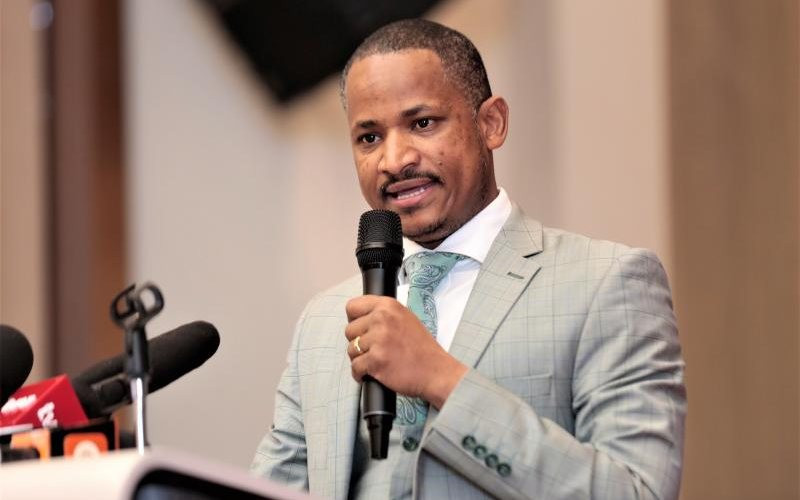Embakasi East Member of Parliament Paul Ongili Owino, also known as Babu Owino, has declared his support for Gen Z ahead of planned protests tomorrow.
Babu said that Gen Zs are advocating for their constitutional rights and should be allowed to protest, especially considering that their past demonstrations have been peaceful.
“We are at the brink of destruction, but we’d rather destroy and build afresh rather than build and build wrongly,” he said on Spice FM on Tuesday, June 24.
The MP also lauded Gen Z's level of coordination, stating, “They are very organised, and I do not want to take advantage of their protests, and they said they do not want politicians to take advantage of the protests.”
An advocate of the High Court, Babu Owino pledged legal and moral support for protesters who may face arrest or injury.
“I will be there for them when they are arrested, in the police stations. I will be there for them in hospitals, I will be moving around when some will be taken to the hospital. I am in support of what they are advocating for.”
This week, The Standard has exposed the alleged individuals behind the plot to sabotage the peaceful demonstrations.
Insider accounts revealed that goons had been strategically placed in key protest zones across Nairobi’s Central Business District with the intent to incite violence and tarnish the reputation of protest leaders.
Babu, dismissing the plans as intimidation tactics, urged the young people and other protesters not to be cowed.
According to him, demonstrators must remain organised and peaceful, even in the face of provocation.
The protests are expected to take place across the country. By Esther Nyambura, The Standard






